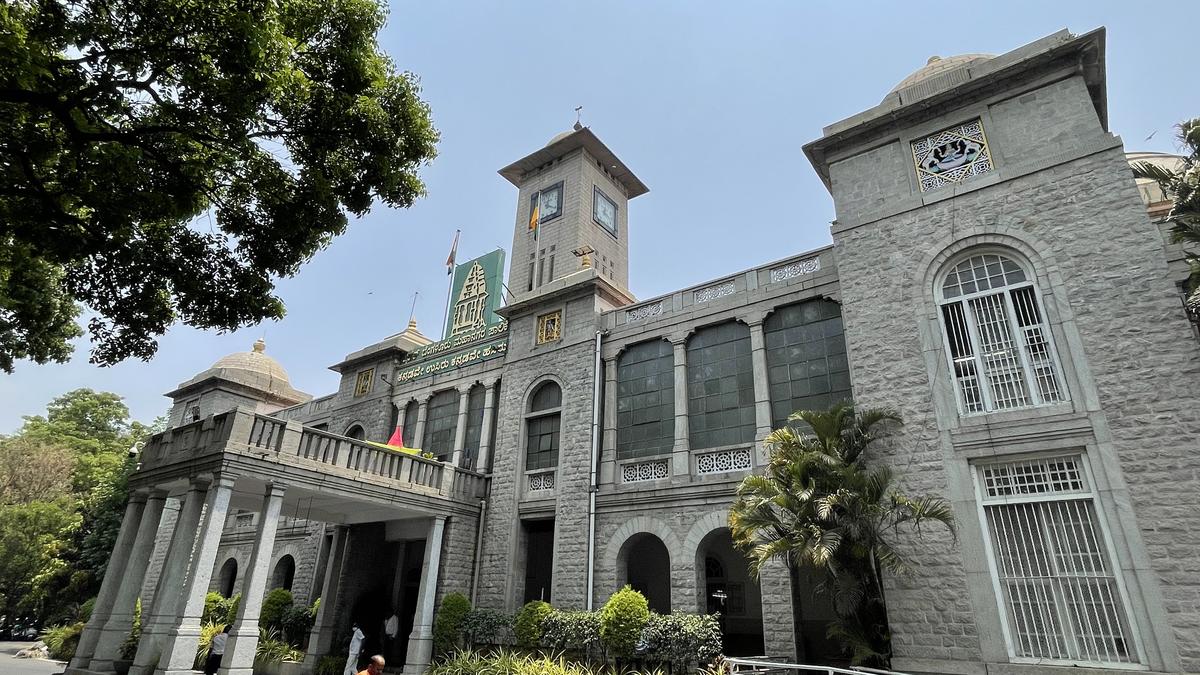
Bengaluru's BBMP Election Delay: A City Held Hostage?
The Bengaluru BBMP Election Delay: A City Held Hostage?
For years, the citizens of Bengaluru have been left in limbo, their voices unheard, their concerns unaddressed. The shocking truth? Their elected representatives haven't been elected! This isn't a political thriller; it's the ongoing saga of the delayed Bruhat Bengaluru Mahanagara Palike (BBMP) elections. Imagine a city of millions, the tech hub of India, struggling under the weight of governance inaction, with no local officials to champion their cause. This is the reality of Bengaluru today. This article delves into the seemingly endless delays, the political maneuvering, and the devastating impact on the citizens.
The Heart of the Matter: Why No Elections?
The root of this agonizing delay lies in the complex interplay of politics and administrative snafus. Changes in ward boundaries, legal battles, and bureaucratic inertia have all played their part. Initially, the number of wards increased, only to decrease again later. Each adjustment necessitated a lengthy review and approval process, which has slowed the process down significantly. Meanwhile, a proposed "Greater Bengaluru Governance Bill" adds another layer of uncertainty. It's a tangled web of political games, and Bengaluru's citizens are paying the price.
Political Finger-Pointing and Delays: Who is to Blame?
The delay hasn't come without political maneuvering. The finger-pointing among the various political factions involved in this case leaves one to wonder when action will begin to resolve the election delays. Each political party appears to be working at cross-purposes. No consensus appears in sight. The result of these power struggles has been delays that seem to have gone on forever. The State Election Commission (SEC), often cited as a bottleneck, has pointed towards ward delimitation and reservation challenges as factors that keep adding to the wait for a solution. Several legal petitions only complicate matters further.
The Impact of the Delays: Suffering Citizens
The lack of elected representatives has had dire consequences. Civic issues remain unresolved. Potholes that have plagued the city for ages remain, with complaints failing to be registered effectively, leading to mounting frustration among residents. This also represents a major failure for both political and public officials in their oversight of city projects. Citizens are left at the mercy of overworked and understaffed officials in the BBMP, who can often only address such issues on a case-by-case basis rather than proactively resolving a given problem in its totality. Local MLAs, with responsibilities that spread far beyond any single ward, are often unequipped to address hyperlocal problems. The situation calls for effective communication among various city agencies.
The Way Forward: What Lies Ahead for Bengaluru?
Multiple stakeholders continue to address the current state of civic affairs in Bengaluru. Multiple sources have come out to make suggestions. Various local officials have suggested measures that could lead to more prompt resolutions of civic problems faced by the city's residents. Others insist that political delays and bureaucracy are at the root of the problems being addressed. The solution needs to combine both political and administrative strategies in order to resolve long-standing disputes between stakeholders. Activist groups continue to encourage city officials to adopt measures that ensure elections are held in the future. These could include specific dates for future elections, for example.
Potential Solutions: Holding Elections and Modernizing BBMP
The solutions require collaboration between multiple governmental stakeholders. Elected officials, public servants, and civic workers need to begin an open and ongoing dialogue in order to establish a reasonable solution to ongoing city management challenges. Without this effective collaboration, elections could prove problematic and ineffective at addressing the issues which are at stake. A modernization of the current BBMP structure might also be beneficial to solving some of these problems in the long run. New and modern strategies need to be employed in addressing such challenges.
Take Away Points
- The delay in BBMP elections has created a governance vacuum in Bengaluru, leaving citizens grappling with unresolved civic issues.
- The blame lies with a combination of political maneuvering and administrative challenges.
- Without elected representatives, citizens face a communication gap with local authorities and are unable to receive responsive service.
- Moving forward, solutions necessitate open and effective dialogue between political bodies, as well as administrative and governmental stakeholders.








